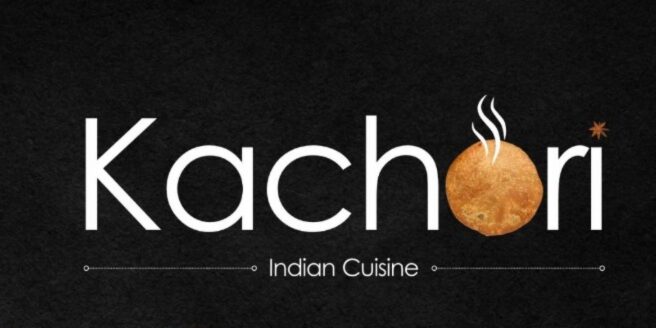Indian vegetarian cuisine is not only delicious and diverse but also one of the healthiest dietary choices. Rooted in ancient Ayurvedic principles, it emphasizes nutrient-dense ingredients, balanced meals, and holistic well-being. Here are 10 key benefits of choosing vegetarian Indian cuisine:
1. Rich in Nutrients & Antioxidants
- Indian vegetarian meals use a variety of lentils, legumes, vegetables, fruits, and whole grains, providing essential vitamins (A, C, E, and B-complex), minerals (iron, calcium, potassium), and antioxidants.
- Spices like turmeric, cumin, and ginger have powerful anti-inflammatory and immunity-boosting properties.
2. High in Fiber & Gut-Friendly
- Whole grains like brown rice, whole wheat, and millet and fiber-rich vegetables aid in digestion and gut health.
- Fermented foods like dosa, idli, and yogurt-based dishes provide probiotics, which support a healthy gut microbiome.
3. Heart-Healthy & Cholesterol-Free
- Plant-based meals are naturally free from cholesterol and low in unhealthy saturated fats.
- Ingredients like lentils, chickpeas, and nuts are packed with heart-friendly fiber, protein, and omega-3 fatty acids that support cardiovascular health.
4. Supports Weight Management
- Indian vegetarian cuisine emphasizes whole foods and portion control, which helps maintain a healthy weight.
- The natural fiber and protein in legumes and whole grains promote satiety, reducing cravings and overeating.
5. Natural Detoxification & Cleansing
- Herbs and spices like coriander, turmeric, ginger, and garlic help the body detox by flushing out toxins and improving liver function.
- Hydrating foods like coconut water, lemon-based dishes, and herbal teas aid in cleansing the system.
6. Boosts Immunity & Fights Diseases
- Vitamin C-rich vegetables (like bell peppers, tomatoes, and leafy greens) help strengthen the immune system.
- Ayurvedic ingredients such as tulsi (holy basil), neem, and turmeric have antiviral, antibacterial, and anti-inflammatory properties that help prevent illnesses.
7. Regulates Blood Sugar Levels
- Whole grains, legumes, and spices like fenugreek and cinnamon help stabilize blood sugar levels and prevent insulin spikes.
- A vegetarian Indian diet is often low in refined sugars and high in complex carbs, making it a great option for diabetics.
8. Sustainable & Environmentally Friendly
- Plant-based diets have a lower carbon footprint, reducing environmental impact.
- Choosing vegetarian meals conserves water, land, and energy, making it a sustainable choice for the planet.
9. Enhances Mental & Cognitive Health
- Nuts, seeds, and leafy greens provide essential nutrients like omega-3 fatty acids and folate, which support brain function and mental clarity.
- Herbs like ashwagandha and brahmi are traditionally used in Indian cuisine to reduce stress and improve cognitive function.
10. Offers Variety & Balanced Nutrition
- Indian vegetarian cuisine is rich in diverse flavors, textures, and food groups, ensuring a balanced intake of macronutrients (carbohydrates, proteins, and healthy fats).
- With dishes ranging from hearty curries to light salads, fermented foods, and protein-packed lentil soups, it’s easy to enjoy a nutritionally complete and satisfying meal.
